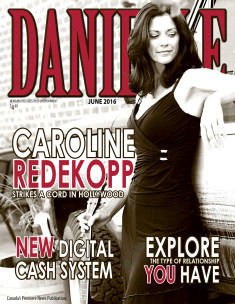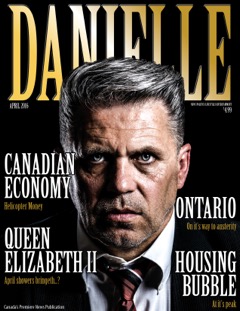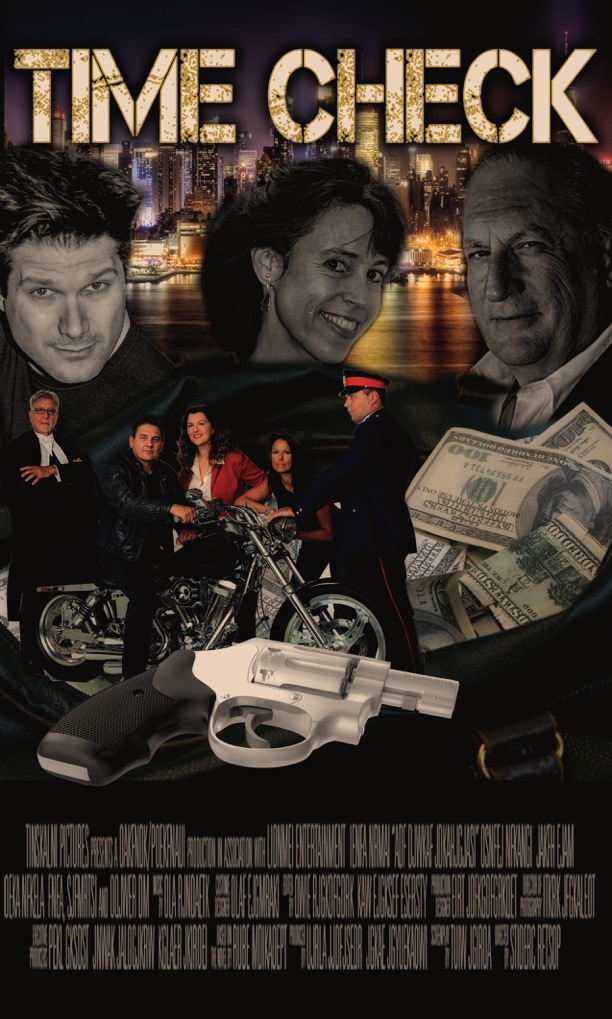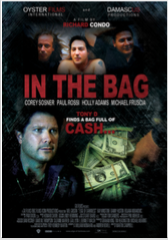Can “300 million people … expect so much from one individual and still consider themselves involved in something that can be described as self-government”? asks Professor Sidney Milkis of the University of Virginia, referring to U.S. President Donald Trump, as quoted in an article by John Dickerson in the May issue of The Atlantic.
Lots of us believe the presidency is overwhelming Trump. Dickerson, the co-anchor of CBS This Morning, doesn’t disagree. In his article, How the Presidency Became Impossible, he argues the presidential job is now too big for any human being.
“When Harry Truman placed a sign on his desk reading: THE BUCK STOPS HERE,” Dickerson writes, “it meant that some decisions, only the president can make. It did not mean that the president is responsible — and therefore to blame — for everything that happens in the executive branch, much less the nation.” Yet, implicit responsibility for just about everything has become line one of the presidential job description.
Americans now even demand that their president be, as Dickerson puts it, a first responder, jetting to the sites of natural and man-made disasters to reassure citizens that he personally and the federal government he leads care and are on the case. (Were Canadians truly much more reassured that Public Safety Minister Ralph Goodale from Ottawa and Premier Kathleen Wynne from Queen’s Park — she of the imminent election campaign — showed up to say all the expected things after Monday’s mass murder, despite Toronto’s police chief and mayor having already done so perfectly well?)
Dickerson contrasts this now compulsory solicitude with how, in 1955, then president Dwight Eisenhower continued his vacation despite three hurricanes hitting the U.S. He later said the real catastrophe would be if Americans were “unready as a nation, as a people, to meet personal disaster by our own cheerful giving.” (In this he echoed his Democratic predecessor, Grover Cleveland, who in 1887 vetoed disaster relief for drought-stricken Texas farmers with: “Federal aid in such cases … prevents the indulgence among our people of that kindly sentiment and conduct which strengthens the bonds of a common brotherhood.”)
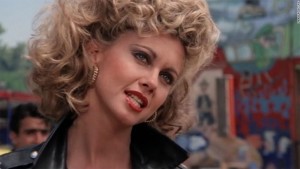
Despite his hands-off, pre-cable-news approach Eisenhower — no stranger to big jobs, having helped liberate Western Europe — suffered not one but two heart attacks while in the White House. Even the 1950s presidency was a killer job.
At what scale does Milkis’ concern abate? For 300 million people to rely so much on one person clearly seems to be a problem. How about 30 million Canadians requiring their prime minister to be everywhere, too, and to offer a policy or official opinion on everything? Are we still engaged in self-government if we lean so heavily on what has long since become an imperial prime ministry?
In the last two weeks, recall, Prime Minister Justin Trudeau: met with leaders of the Americas gathered in Lima; returned to Ottawa to referee the Alberta-British Columbia trade war; flew off to Paris for lunch with President Emmanuel Macron, gave a speech to France’s National Assembly, made courtesy calls to the OECD and UNESCO, and had a chat with Airbus CEO Tom Enders; then hopped over to London to visit the Queen and British Prime Minister Theresa May, before returning home for the big Liberal policy meeting in Halifax. While playing carbon Bigfoot, he nevertheless found time to issue statements on Earth Day, the anniversary of Israel’s independence, Her Majesty’s 92nd birthday, national volunteer week, and, most recently, the Toronto attack. All in a week’s work.
In distant retrospect, one of Sir John A. Macdonald’s charms was his not infrequent absence, sometimes due to illness, sometimes to self-incapacitation. After a painful bout of gallstones in 1870 the prime minister wrote his sister saying “I shall not do much work for some months but act in the (government) as a Consulting Physician,” which he did, Sir George Etienne Cartier taking over the day-to-day management of affairs.
It is hard these days to imagine a prime minister being lost to his staff for days or delegating authority for weeks or months, yet that is what long-ago prime ministers did during illness or trans-oceanic travel. The thing is, the country survived, as doubtless it would today if our leaders backed off from peripatetic 24/7 activism.
Trudeau needn’t go on Macdonald-style benders. But our leaders often tell us they want to do politics differently. A way to do it really differently would be to do it much less. In fact, as Dickerson suggests, Trump’s ineptitude at and obvious disdain for many presidential duties until recently regarded as obligatory may be reducing what is expected of a president. So far the lesson of Trump is that a modern society can thrive despite inattention, ineffectiveness or even incompetence at the top. It’s a good lesson for us, too.



